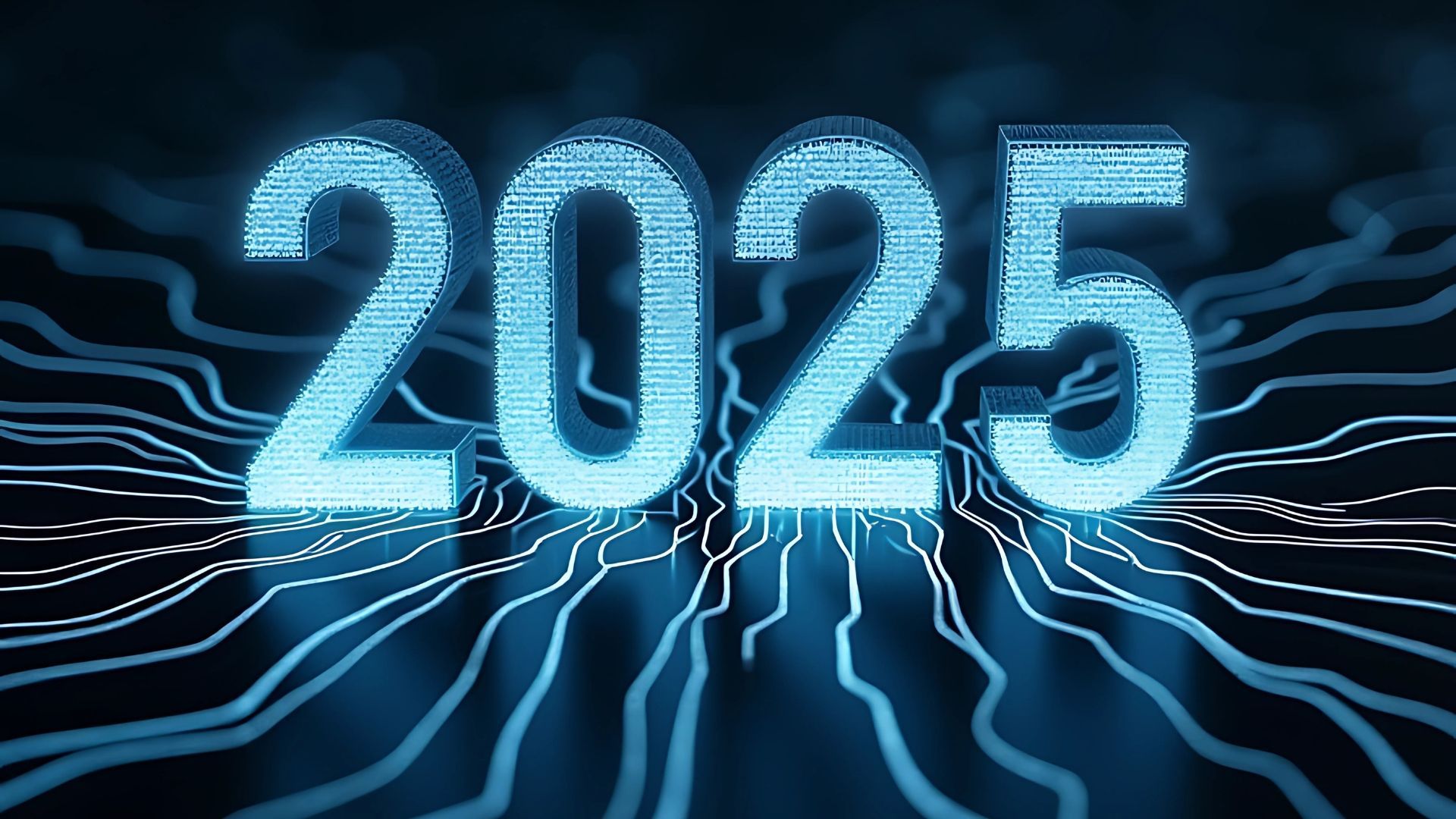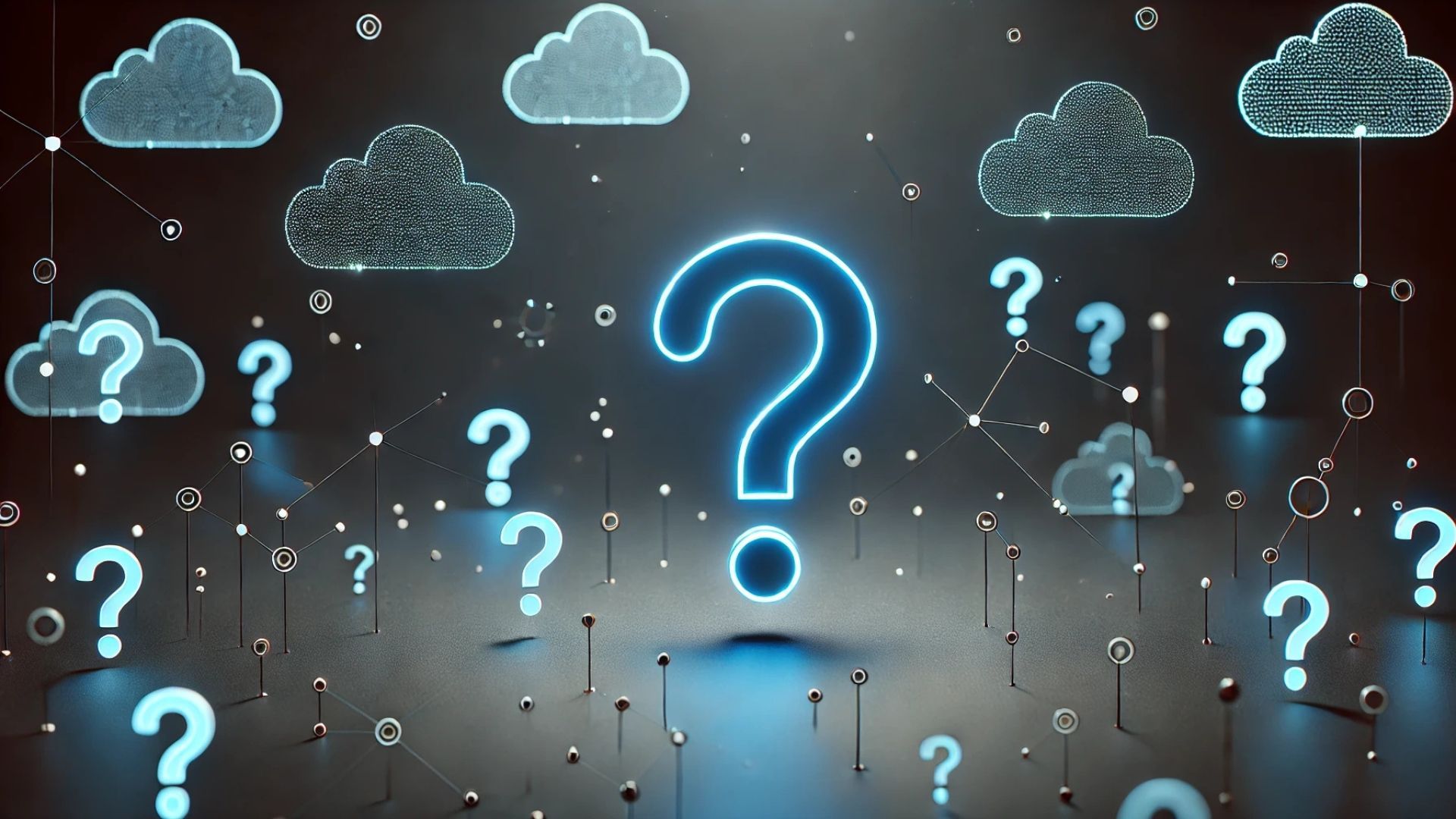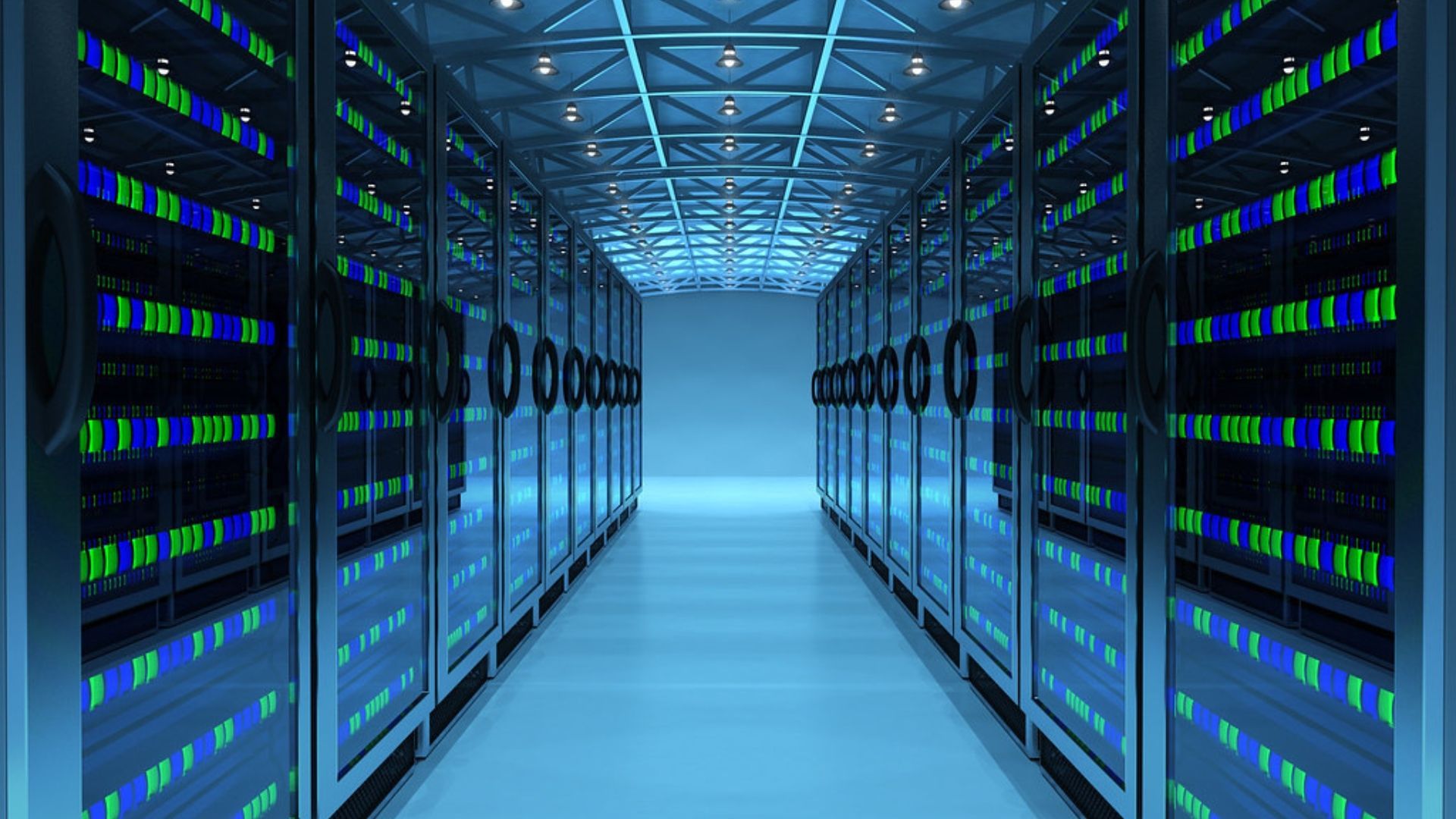The state of the cloud in Japan [2024]
Big tech firms are investing in Japan's cloud infrastructure. What could this mean for the country's fortunes?

Think of Japan and you probably think of a highly advanced economy. And you'd be right – but you might be surprised to learn that, in spite of this, digital adoption in Japan has been slower than elsewhere.
In 2023, for instance, a
survey placed Japan bang in the middle of 64 economies when it came to digital adoption – a surprising placement when you consider that Japan at the time of writing has the fourth-highest GDP in the world.
Meanwhile, Japan is facing a skills gap. There simply aren't enough digital workers to spearhead the digital transformation that an advanced economy would like to see.
However, Japan's fortunes may be on the up thanks to multi-billion dollar investments from Microsoft, Oracle, AWS and Google Cloud.
These follow a concerted game of catch-up by Japan's government and corporations to develop AI infrastructure, with Prime Minister Fumio Kishida meeting representatives of OpenAI and chipmaker Nvidia.
In this article, we take a look at how big tech is investing in Japan.
AWS to invest $15.24 billion in Japan
For AI services to flourish, advanced cloud computing infrastructure needs to be in place. A relative lack of infrastructure is one reason why Japan is lagging behind at the time of writing.
A step in the right direction has come in the form of heavy Amazon Web Services (AWS) investment in the region. Having already invested around $9.8 million between 2011 and 2022, it's ramping up its efforts with an additional investment of $15.24 billion.
AWS will be offering generative AI services to corporate customers: Asahi Group, Nomura Holdings and Marubeni, among others. To this end, it will be expanding existing facilities in Tokyo and Osaka.
AWS has also revealed that it plans to address Japan's shortage of digital workers by investing in education programmes and training. As with its increased spending on infrastructure, this builds on existing investment. Since 2017, AWS has trained more than 400,000 digital workers in Japan.

This investment in Japan's cloud backbone could make a tangible difference to the country's AI offerings.
Tadao Nagasaki, who serves as the president of AWS in Japan, has said:
"Our investment into cloud infrastructure generates a ripple effect across the Japanese industries… It will help more Japanese organisations with the ability to access and adopt new, emerging and transforming digital technologies."
He concludes: "We are committed to and excited about the future of Japan's digital economy".
Oracle's eight-billion-dollar investment
Oracle has announced it will invest eight billion dollars in Japan over the next 10 years to support the growing demand for cloud computing and AI infrastructure.
This investment will, it's expected, enable the Japanese government and enterprises to migrate mission-critical workloads onto Oracle Cloud. To support this, Oracle plans to increase local customer support for its public cloud regions in Tokyo and Osaka.
Toshimitsu Misawa, CEO of Oracle Japan, has said:
"By growing our cloud footprint and providing a team to support sovereign operations in Japan, we are giving our customers and partners the opportunity to innovate with AI and other cloud services while supporting their regulatory and sovereignty requirements."
Microsoft
Microsoft has had a cloud presence in Japan since 2014 when it opened cloud regions in Tokyo and Osaka. However, it announced in April 2024 that it will be ramping up investment in cloud computing and AI to the tune of $2.9 billion.
As well as pouring money into the country's infrastructure, Microsoft is also expanding its digital skills programmes – much as it is doing in India.
The investment is likely to give Japanese cloud computing a boost, partly by providing cutting-edge GPUs that will accelerate AI workloads.
Miki Tsusaka, President of Microsoft Japan, said: "In our collaboration with our partners, Microsoft Japan is fully committed to supporting the people and organisations of Japan to solve social problems and achieve more".
Google Cloud's subsea cables
The cloud isn't only dependent on data centres. It's also made possible by thousands of miles of subsea fibreoptic cables that are laid directly on the sea floor.

Google has announced it's investing one billion dollars in two subsea cables that will create new routes between the USA and Japan. The result is likely to be a more stable and more resilient transfer of data between the two nations.
OpenAI
You can't tell the story of the AI boom without mentioning OpenAI, the research firm that released ChatGTP in November 2022.
Now, it's expanding into Japan. The firm has made two announcements: first, that it will be opening its first Asian office in Tokyo, and secondly, that it will be releasing a GPT-4 custom model optimised for the Japanese language.
In a video message, OpenAI's CEO Sam Altman said: "This is just the first step in what I hope will be a long-term partnership with the people of Japan, government leaders, businesses and research institutions".
Chipmaking
Meanwhile, technology company Intel has announced it will collaborate with 14 Japanese companies – including Yamaha Motor and Fuji – to automate "back-end chipmaking processes".
The group is expected to invest around $65 million in an effort to strengthen US and Japan's semiconductor supply chains.
Manual assembly plays a huge role in the back-end production of chips – and it typically takes place in countries with large pools of low-wage labour. In a country like Japan, where costs are higher, automation is seen to be needed to keep up with the demand for chips.
Conclusion
Japan is at a turning point in its digital transformation. Big tech investment could make a significant difference to its digital skills gap and relatively slow pace of adoption. Whatever happens, we'll keep you posted.
Are you looking for managed,
end-to-end cloud migration solutions? At Ascend Cloud Solutions, we've handled more than 400 migrations and counting.
Get in touch today for expert guidance and an honest quote.











